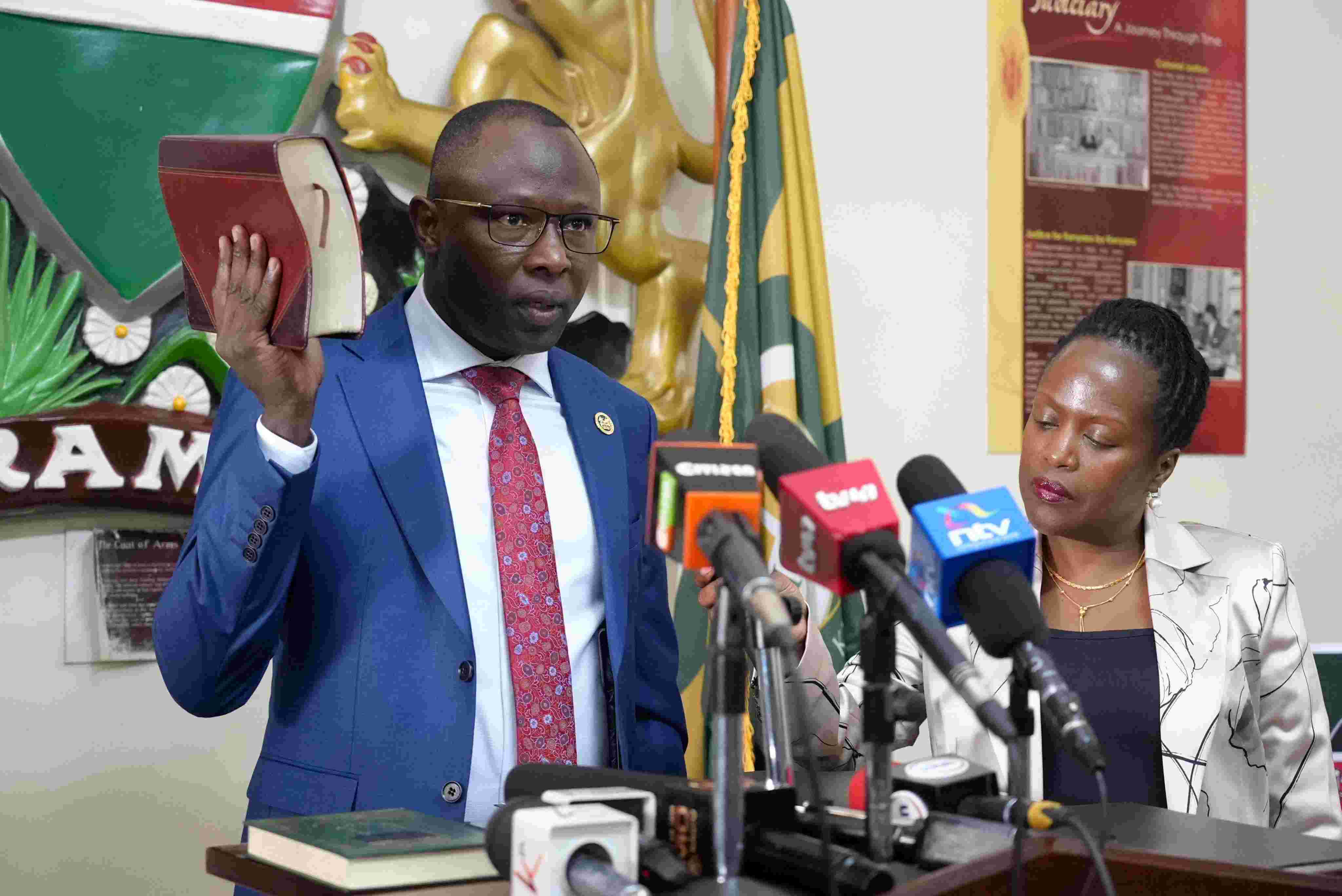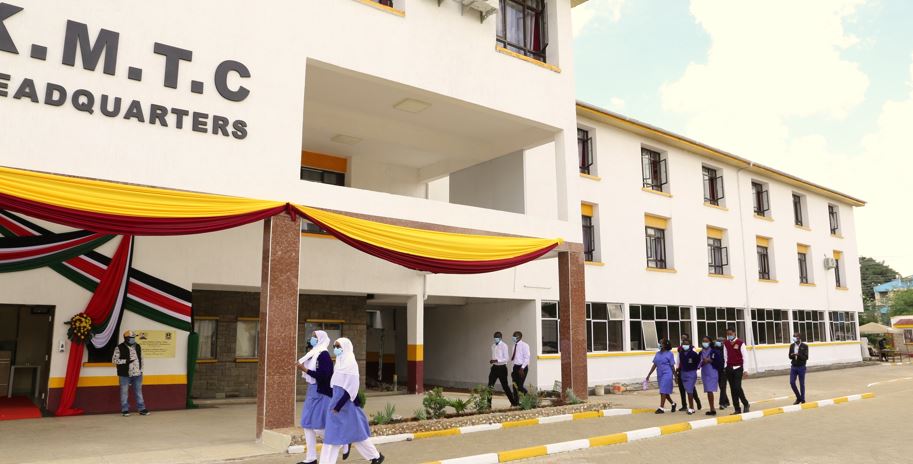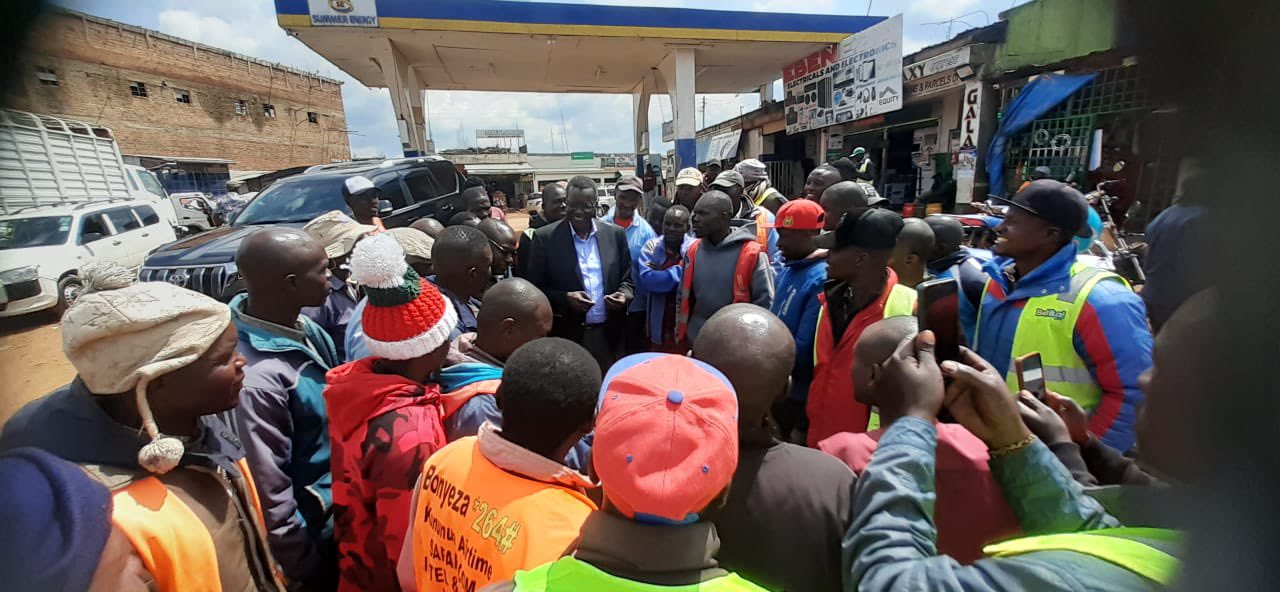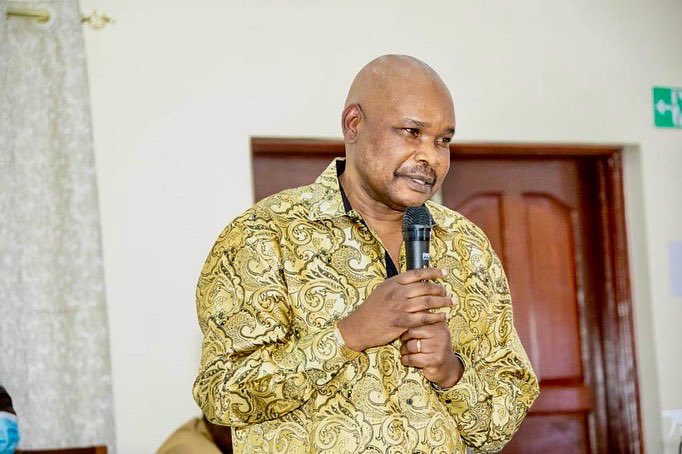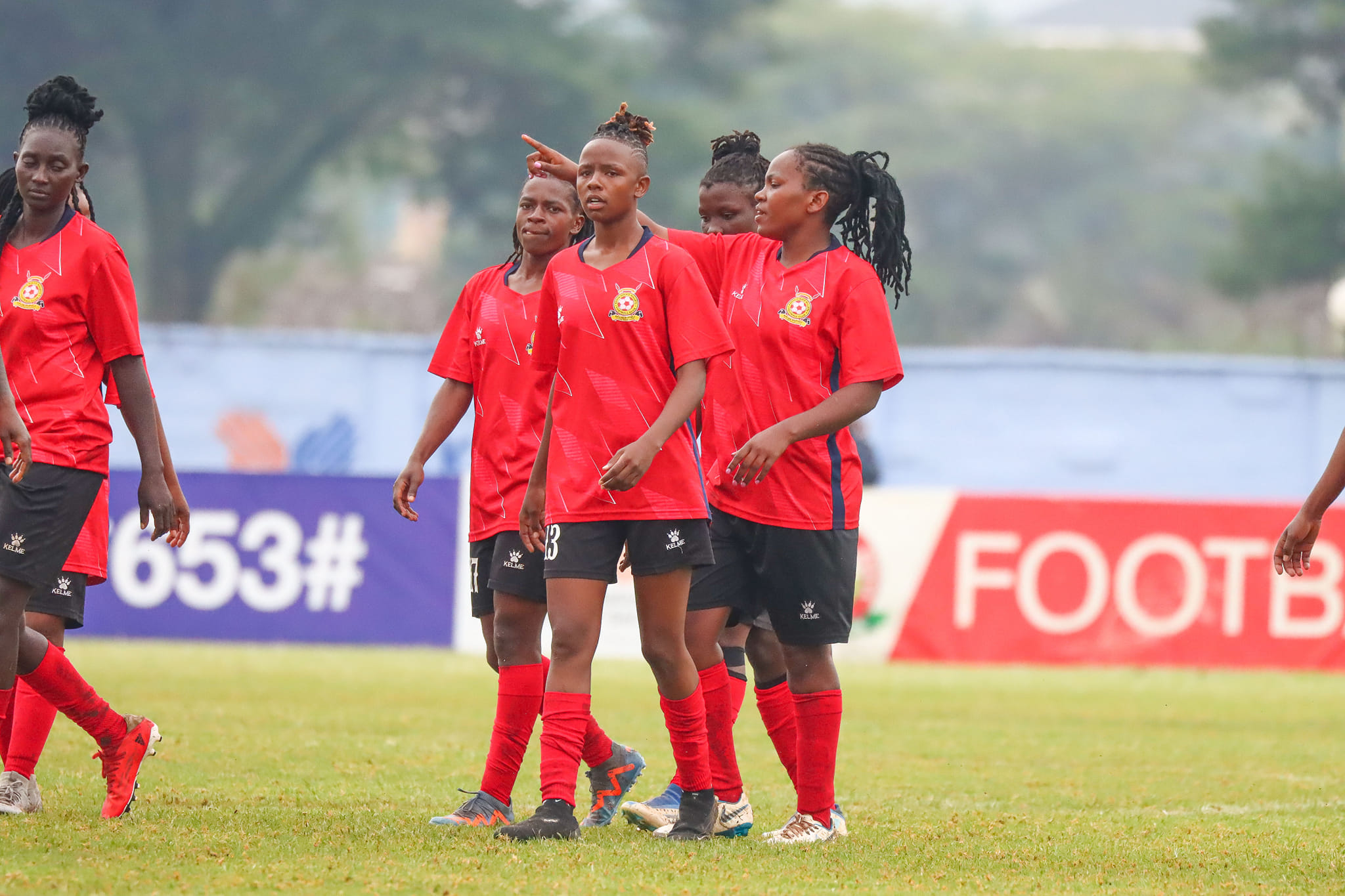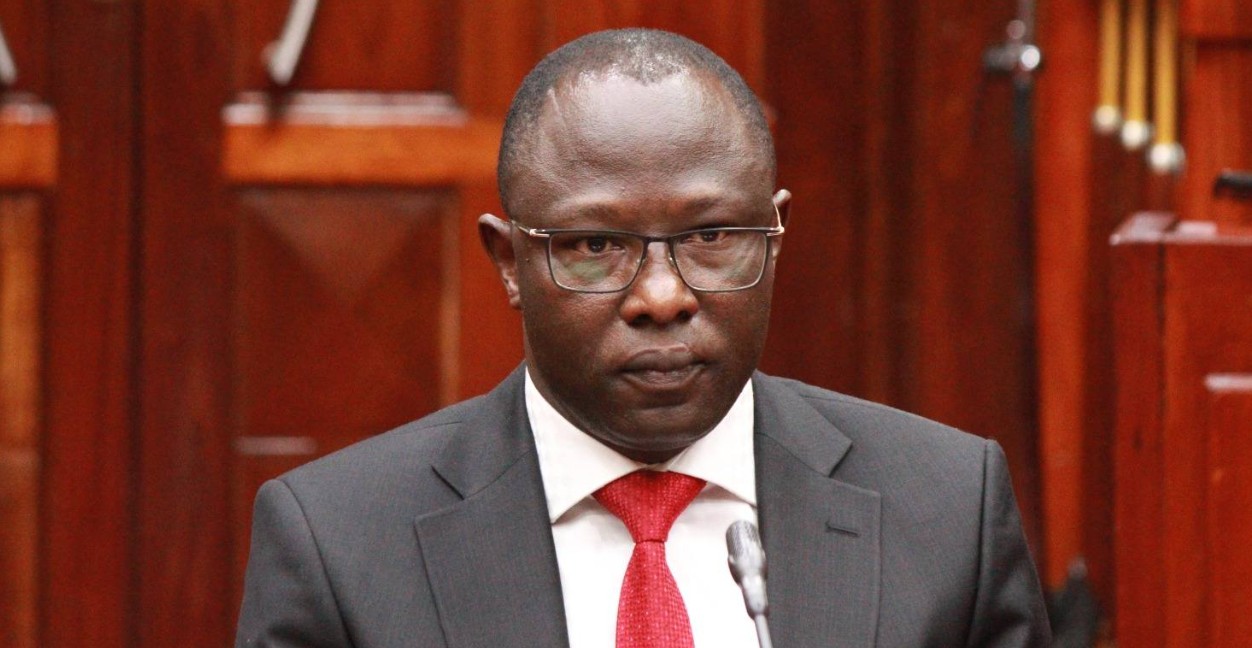Debt financing dominates East Africa’s private capital transactions in Q2 - report

Overall, Kenya led activity in East Africa, accounting for 63 per cent of all transactions, surpassing the combined totals of Tanzania (26 per cent) and Uganda (24 per cent).
The need for, and provision of, loans from private creditors dominated capital transactions in East African countries in the three months ending June.
A report by African market intelligence firm Stears shows that debt financing led private capital transactions in the region during this period, overshadowing deals in mergers and acquisitions as well as commodity and infrastructure investments.
More To Read
- World Bank assures Kenya’s debt sustainable if properly managed
- Kenya losing Sh194 billion annually to corruption - AfDB
- UN warns of looming famine in East Africa as conflict, climate shocks deepen hunger crisis
- Africa’s new credit rating agency poised to reshape the financial landscape — Here’s how
- Denmark commits Sh41 billion to boost East Africa’s resilience amid global trade turmoil
- Kenya not at risk of defaulting – Mbadi dismisses Nyoro’s claims on debt as irresponsible
Debt transactions accounted for 46 per cent of all private capital activity in East Africa.
This strong appetite for debt positioned the region as a major contributor to the continent’s loan deals, representing 40 per cent of Africa’s total debt transactions – the second-highest share among African regions.
Overall, Kenya led activity in East Africa, accounting for 63 per cent of all transactions, surpassing the combined totals of Tanzania (26 per cent) and Uganda (24 per cent).
Notably, Central Africa showed an even greater reliance on debt, with 64 per cent of its regional transactions involving debt instruments.
While Central Africa only accounted for seven per cent of all private capital transactions on the continent, it contributed 13 per cent of Africa’s debt deals – nearly twice its overall market share.
According to the report, this trend is largely driven by investments in the energy and commodity sectors, where stable cash flows are needed to help mitigate both geographical and operational risks.
Outside East and Central Africa, equity financing remained the main funding method in the other four regions.
However, project financing also gained ground in Southern and West Africa, accounting for 15 per cent and 13 per cent of transactions, respectively.
Across the continent, the report notes that debt financing during the review period was concentrated in agriculture and energy, which together made up 40 per cent of all debt transactions.
“Energy projects typically attract debt because they are capital-intensive, structured around project finance, and generate steady cash flows that facilitate repayment,” the report explains.
“Agricultural investments, meanwhile, often prioritise impact by unlocking working capital to support growth for agripreneurs.”
It adds that during the quarter, debt accounted for 85 per cent of all agricultural transactions.
The report also highlights that consumer goods and services saw meaningful debt financing activity.
Overall, Africa’s private capital market maintained strong momentum in the period under review, with transaction volumes rising to 147 deals – up from 105 in the previous quarter (later revised to 125) and 137 in Q2 2024.
The total disclosed deal value reached $3.0 billion (Sh387.7 billion), an improvement on the previous quarter’s $1.6 billion (Sh206.8 billion), although still below the $3.7 billion (Sh478 billion) recorded in the same quarter the previous year.
This increase in transaction value was driven by a rebound in mega deals – transactions exceeding $75 million (Sh9.7 billion) – which rose to 11 per cent of disclosed deals, up from just five per cent the previous quarter.
Conversely, the combined share of micro and small deals fell slightly, from 54 to 49 per cent, while large transactions (between $25 million and $75 million) also declined, from 25 to 16 per cent.
Top Stories Today
